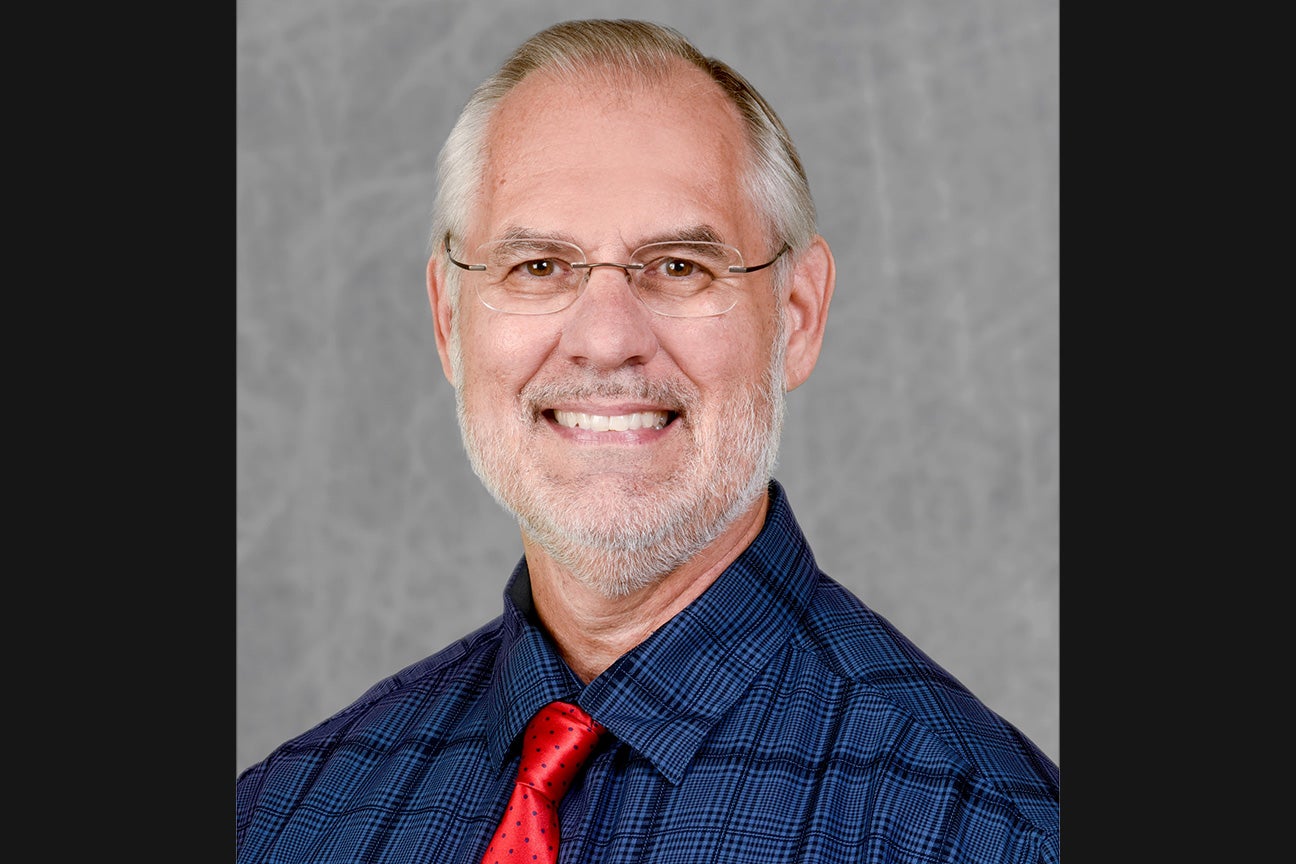One on One: Books by the Tar Heel of the Year and others
Published 11:07 am Thursday, January 4, 2024

- D.G. Martin
|
Getting your Trinity Audio player ready...
|
The Raleigh News & Observer recently named Myrick Howard its 2023 Tar Heel of the Year. In November, this column about Myrick’s book, “Buying Time for Heritage: How to Save an Endangered Historic Property,” explained that Myrick “is a hero to thousands of North Carolina people who live near a precious old building that, but for Myrick Howard, would have been destroyed.
“Because of Howard’s work, scores of old school buildings, historic homes, commercial buildings, and other treasures have been restored and remain a part of North Carolina’s landscape.”
During the past year this column featured other important North Carolina books that are summarized below.
In his “Lessons from North Carolina: Race, Religion, Tribe, and the Future of America,” UNC-CH law Professor Gene Nichol takes on the role of North Carolina’s prophet. He writes about the abuses by those in power. He writes most eloquently about the poor and North Carolina’s exploitation and inattention to them, condemning other ways the state’s powerful oppress the powerless.
Food expert and retired UNC-CH professor Marcie Cohen Ferris and the group of food experts she assembled for her book, “Edible North Carolina,” show how the state’s food scenes are changing. There is a growing awareness of conflicts between the goals of low-cost food productions, fair compensation of food workers, and protection of the environment.
Beloved author Lee Smith’s latest, “Silver Alert: A Novel,” is full of quirky characters like those her fans treasure. Central characters are Herbert Atlas, a wealthy retired businessman, and Renee (real name Dee Dee), a manicurist new on the scene. She quickly becomes essential because only she can calm Herb’s third wife, Susan, from her many violent episodes. Once beautiful, active, and glamorous, Susan has slipped into early onset dementia. Other quirky characters compete for the reader’s attention and sympathy.
Hurricane expert Jay Barnes’s “Fifteen Hurricanes That Changed the Carolinas: Powerful Storms, Climate Change, and What We Do Next” gives a good background of some of the most memorable storms.
UNC-CH Professor Daniel Wallace’s best-selling “Big Fish,” and other novels have demonstrated that he is one of America’s great storytellers. His latest book, “This Isn’t Going to End Well: The True Story of a Man I Thought I Knew,” shows that he also can use those gifts to create compelling non-fiction.
His account of his relationship with his brilliant, but troubled brother-in-law and great friend is powerful, moving and memorable.
De’Shawn Charles Winslow’s latest book, “Decent People,” is set in March 1976. It gives readers a painful inside look at black communities in northeastern North Carolina.
“I Cannot Write My Life: Islam, Arabic, and Slavery in Omar ibn Said’s America” is the product of Duke Associate Professor Mbaye Lo, and UNC-CH retired professor Carl W. Ernst. They assemble the available writings by Omar ibn Said, a scholar of Islam Omar who was enslaved in pre-Civil War North Carolina. Ernst and Lo have carefully translated his work from the Arabic into English.
Although most boardinghouses might be gone today, strong memories remain. Elizabeth Engelhardt, Kenan eminent professor of southern studies at UNC-CH, has collected hundreds of them for her book, “Boardinghouse Women: How Southern Keepers, Cooks, Nurses, Widows, and Runaways Shaped Modern America,” published by UNC Press in November.
Engelhardt cites examples of how women escaped irrelevance and became accomplished and independent businesspeople as the owners and operators of boardinghouses in the 19th and early 20th centuries.
The latest book about the fate of the Lost Colony, “Excavating the Lost Colony Mystery,” was published by the First Colony Foundation and UNC Press. Authored by several recognized experts, it sets out and explains the latest theories about the fate of Sir Walter Raleigh’s 1587 “Lost Colony” on Roanoke Island.
Finally, Mimi Herman’s debut novel, “The Kudzu Queen,” tells an engaging story of life in 1940s rural North Carolina featuring the excitement and tragedy during the time of government-sponsored kudzu planting.
D.G. Martin, a retired lawyer, served as UNC-System’s vice president for public affairs and hosted PBS-NC’s North Carolina Bookwatch.
SUBSCRIBE TO THE COASTLAND TIMES TODAY!





